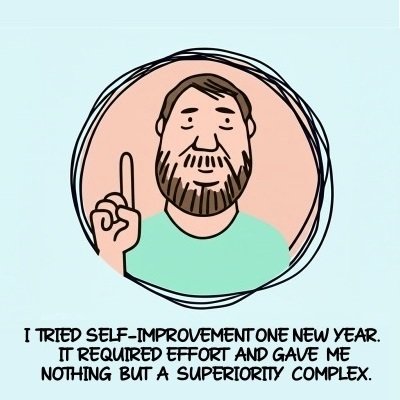 News of a death often arrives on its own schedule, sometimes long after the moment itself, carrying the quiet weight of something that still matters. Many people, confronted with that delay, retreat into silence, convinced the chance to acknowledge the loss has passed.
News of a death often arrives on its own schedule, sometimes long after the moment itself, carrying the quiet weight of something that still matters. Many people, confronted with that delay, retreat into silence, convinced the chance to acknowledge the loss has passed.
Condolence etiquette has never hinged on punctuality. It rests on the willingness to recognize another person’s pain and to honor the life that ended. We underestimate how much solace lies in being remembered, even belatedly, by another human being.
Families living with loss do not follow a tidy emotional timetable. Their grief continues long after the initial messages fade. A card that arrives months later does not intrude. It joins the ongoing landscape of remembrance, signaling that the person who died has not slipped from view.
A simple card carries weight when it contains a sincere memory or a few honest lines. Such gestures do not resolve anything. They acknowledge. They accompany. They remind.
A belated condolence often strengthens its purpose, showing that remembrance has endured beyond the first wave of attention. It proves that compassion can outlast the news cycle, the social awkwardness, and the instinct to step aside.
Decency does not expire. Time does not blunt the value of kindness. It often sharpens it, demonstrating that empathy can still reach across the distance that loss creates.
 In 2023, a video of the Dalai Lama interacting with a young boy at a public event in India ignited
In 2023, a video of the Dalai Lama interacting with a young boy at a public event in India ignited  Imposing fake deadlines
Imposing fake deadlines  Originality is often idolized, portrayed as a spark of genius that materializes out of thin air. But the truth is far more practical: most great ideas begin as refined imitation. Innovation isn’t rebellion; it’s mutation. It builds upon what has come before and reshapes it into something unexpected.
Originality is often idolized, portrayed as a spark of genius that materializes out of thin air. But the truth is far more practical: most great ideas begin as refined imitation. Innovation isn’t rebellion; it’s mutation. It builds upon what has come before and reshapes it into something unexpected. The new year marked
The new year marked  Dry January is marketed as a
Dry January is marketed as a  Few things feel more exhausting than the annual tradition of drafting New Year’s
Few things feel more exhausting than the annual tradition of drafting New Year’s  Modern life tempts us toward simple ideals—peace, joy, freedom—but wisdom lies in reimagining these not as escapes from discomfort, but as quiet, sustained negotiations with the
Modern life tempts us toward simple ideals—peace, joy, freedom—but wisdom lies in reimagining these not as escapes from discomfort, but as quiet, sustained negotiations with the